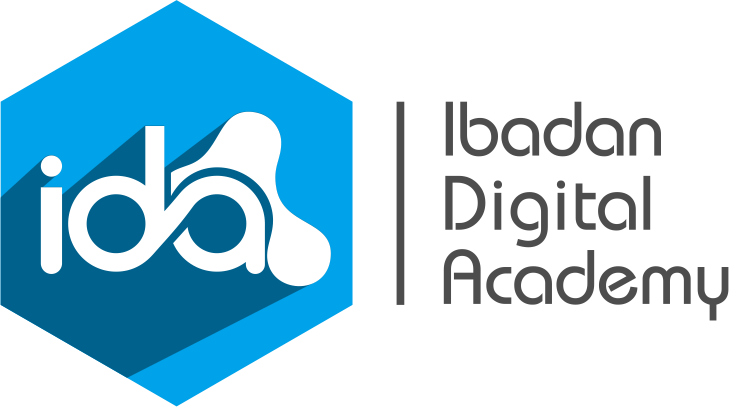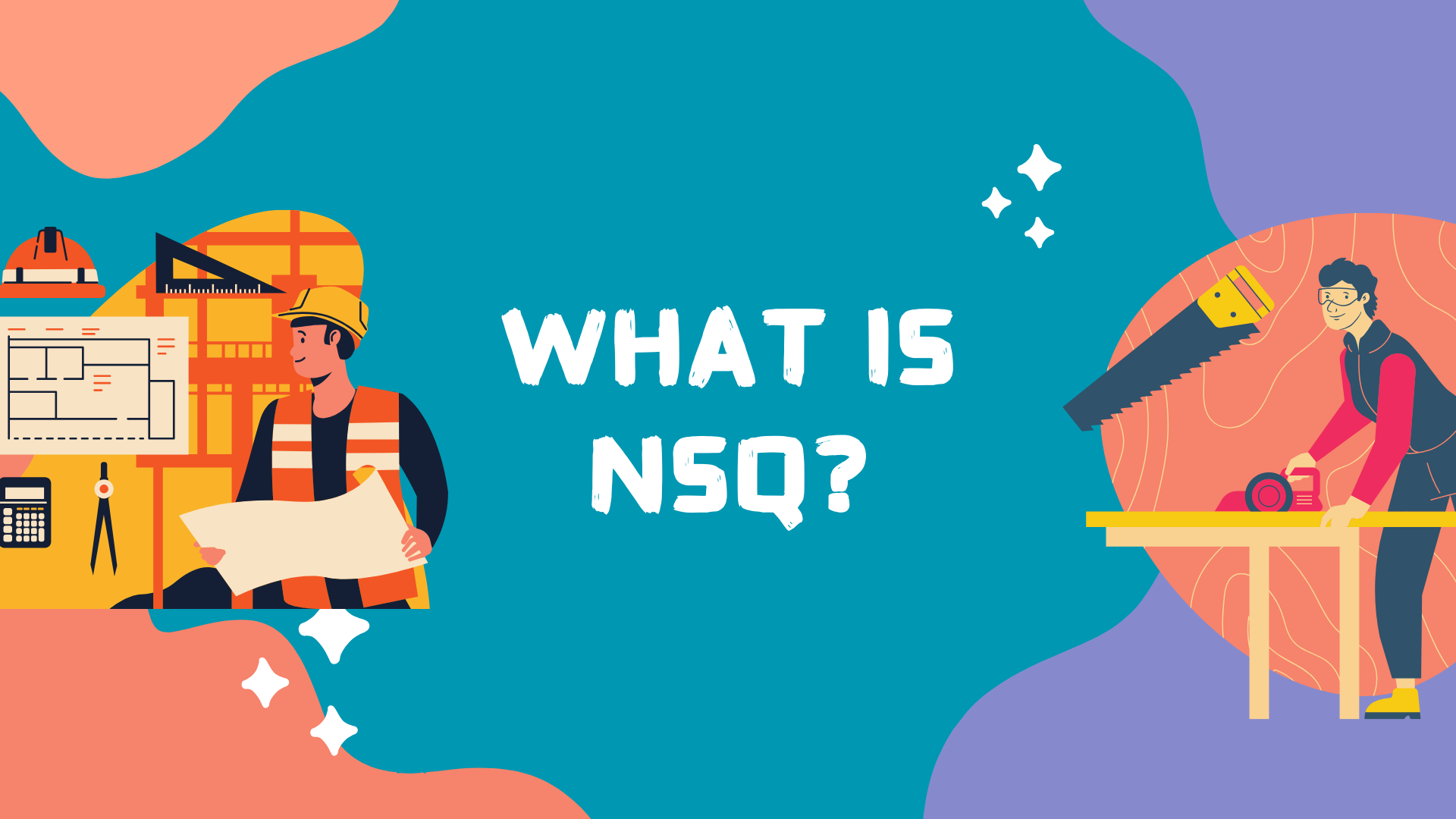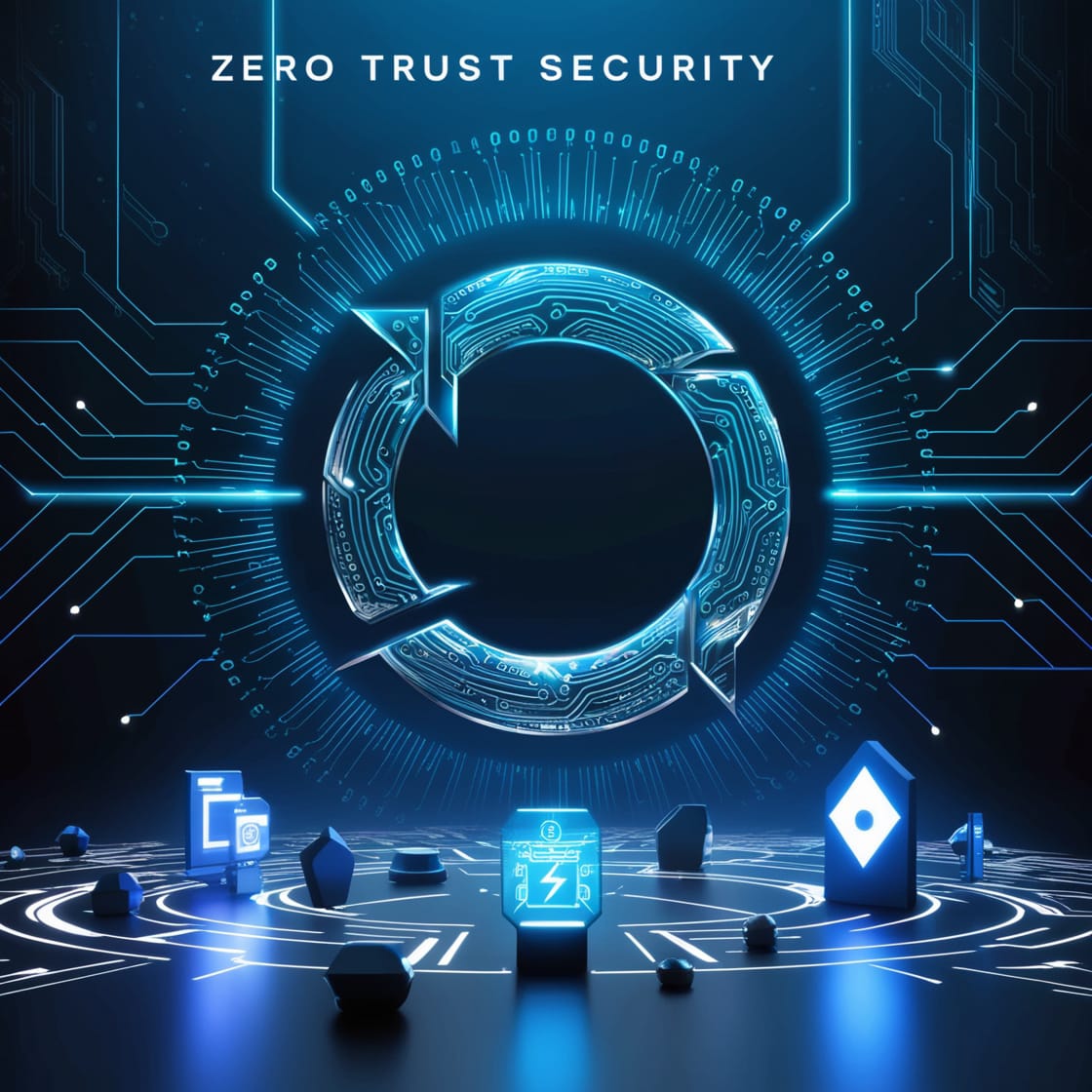Serverless computing is revolutionizing the way businesses leverage cloud technology, streamlining operations, and fostering innovation. With its ability to automatically scale resources and eliminate the need for server management, serverless computing is becoming the go-to solution for companies seeking efficiency and cost-effectiveness in cloud computing.
Serverless computing allows developers to focus on writing code without worrying about underlying infrastructure. By abstracting server management, it enables faster deployment cycles, making it ideal for businesses that need agility in a rapidly evolving market. This evolution in cloud technology brings numerous benefits, including reduced operational costs, improved scalability, and resilience.
IDA Insight on Serverless Computing
In Nigeria and across Africa, the adoption of serverless computing is gaining momentum. The demand for scalable, cost-effective IT solutions is particularly pronounced in regions with developing tech ecosystems. Many African startups and SMEs are turning to it to eliminate the need for maintaining physical servers, which can be cost-prohibitive. This shift not only reduces overhead but also allows businesses to allocate more resources towards innovation and customer-centric solutions.
A trend in Nigeria is the increased use of serverless platforms like AWS Lambda, Azure Functions, and Google Cloud Functions. These platforms offer robust tools that support the continent’s growing digital economy, enabling businesses to deploy applications quickly and efficiently. As African companies continue to embrace cloud technologies, the serverless model is set to play a pivotal role in driving digital transformation and economic growth.
Actionable Steps for Businesses
1. Evaluate Your Needs: Before transitioning to serverless computing, assess your application needs. Determine the parts of your system that can benefit from serverless architecture to ensure a smooth integration.
2. Choose the Right Platform: With options like AWS Lambda, Azure Functions, and Google Cloud Functions, select a platform that aligns with your business objectives and technical requirements.
3. Focus on Security: Implement robust security measures to protect your serverless applications. Leverage built-in security features offered by cloud providers and consider additional security solutions for enhanced protection.
4. Optimize Costs: With serverless computing, you’re billed only for what you use. Continuously monitor and optimize your applications to minimize unnecessary functions and reduce costs.
5. Leverage Local Expertise: Collaborate with local tech communities and experts in Africa to stay informed about the latest trends and best practices in serverless computing.
Embracing serverless computing is not just about cost savings; it’s about fostering innovation and sustainable development. By reducing the complexity of infrastructure management, businesses can focus on creating impactful solutions and enhancing customer experiences. Serverless computing provides the agility and scalability necessary for businesses to thrive in today’s digital age, making it an essential component of any forward-thinking tech strategy.
For more insights and resources on serverless computing and its impact on cloud technology, explore [AWS Lambda](https://aws.amazon.com/lambda/), [Azure Functions](https://azure.microsoft.com/en-us/services/functions/), and [Google Cloud Functions](https://cloud.google.com/functions).




















Odeyale Henriette Iyabo
“This article brilliantly demystifies the National Skills Qualification (NSQ) and its pivotal role in enhancing employability in Nigeria. It’s inspiring to see how NSQ accommodates diverse learning paths, be it formal education, apprenticeships, or self-taught skills, making certification accessible to all. Kudos to Ibadan Digital Academy for championing such transformative initiatives that bridge the skills gap and empower individuals across various sectors. Truly, a commendable stride towards national development!”